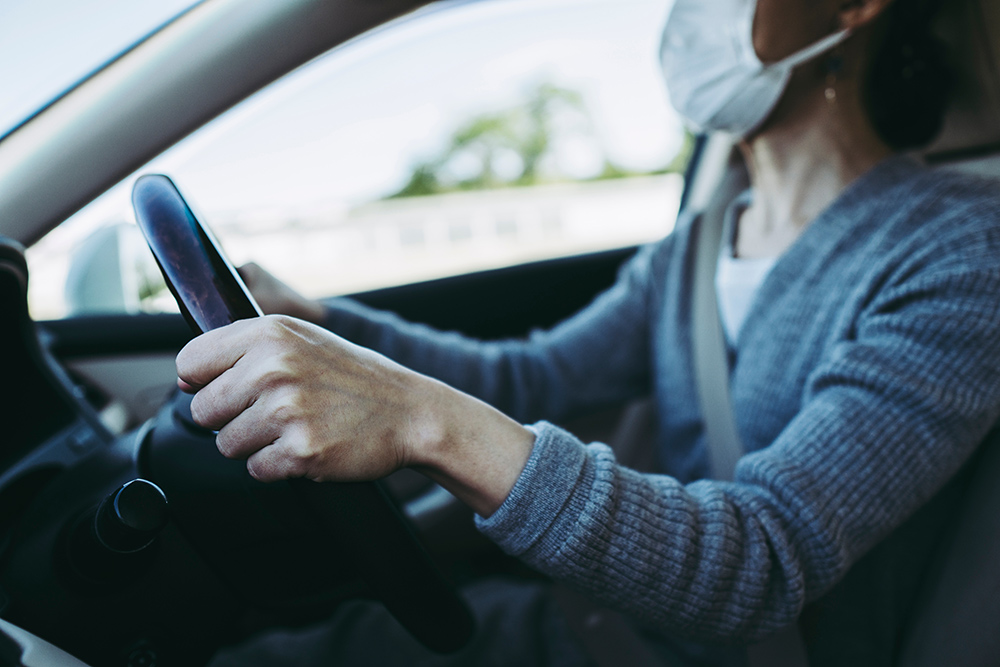Half the fun of buying a car is checking out the market by wandering around lots, right? However, this hasn’t been possible for quite a while, and – despite masks and vaccinations – many people are still not comfortable about face-to-face conversations with strangers. That’s why kicking wheels over the Internet is a great pandemic option for prudent purchasers!
Keeping It Personal
With peer-to-peer marketplaces thriving, plenty of buyers are opting for used cars advertised online by their owners. Yes, this can be a great money-saver if you luck into a great deal – but scammers are everywhere. So here are a few tips on how to protect yourself (and your hard-earned cash!) when you buy a car online from a private seller.
First, you should confirm that (i) there really is a car; (ii) it’s in the advertised condition; and (iii) the advertiser has the right to sell it.
Here’s how:
- Make sure the car is not stolen by asking for the seller’s driver’s licence, ownership title and insurance card;
- Get detailed information on the car, particularly its VIN and registration papers, so you can download a vehicle history report (from websites like VINAudit), showing its previous owners, odometer reading, accidents and any pending recalls;
- Do a reverse Google search for any pictures of the car in the advertisement (and the seller, if possible);
- Schedule an inspection by a trusted mechanic, who will tell you if any expensive repairs are looming in the near future.
Now For The Financial Side
Making sure that the on-screen car of your choice is a real deal in real life is only halfway towards completing your purchase. Now you need to proceed even more cautiously as you move into the payment stage:
- Choose a trustworthy platform that offers money-back protection against scams and stings, and check the URL carefully (don’t be tricked by fake sites like Ebaay and CragsList, or any URL that ends in a jumble of letters);
- Check the seller’s identity by requesting proof of residence (like a utility bill) and a telephone number (preferably a landline), and spend time scrolling through social media accounts as well;
- Reject anonymous means of payment like Money Gram, Western Union, reloadable debit cards and cryptocurrencies, as this could undermine your eligibility for any kind of refund from online marketplaces or financial institutions;
- Think twice about wire transfers, as scammers can steal identities and hack into third party bank accounts, instantly wiring payments overseas;
- Close the deal in public, preferably at your bank, where you can exchange a cashier’s check for the car, its keys and title.
Closing A Deal On-Line
Avoid this solution at all costs, as you have no effective knowledge of who is on the other end of the transaction, or their intentions. But if you have absolutely no other choice, opt for a neutral middleman – like an escrow facility that releases payment only after you confirm satisfactory receipt of the car.
If It Sounds Too Good To Be True…
… then you already know that it’s probably a swindle. Stay cool, think twice, ignore sob stories, and base your decisions only on the car, the price, and its condition. You worked hard for that money – so make sure you invest it wisely in wheels that are going to keep you happy for years to come!
